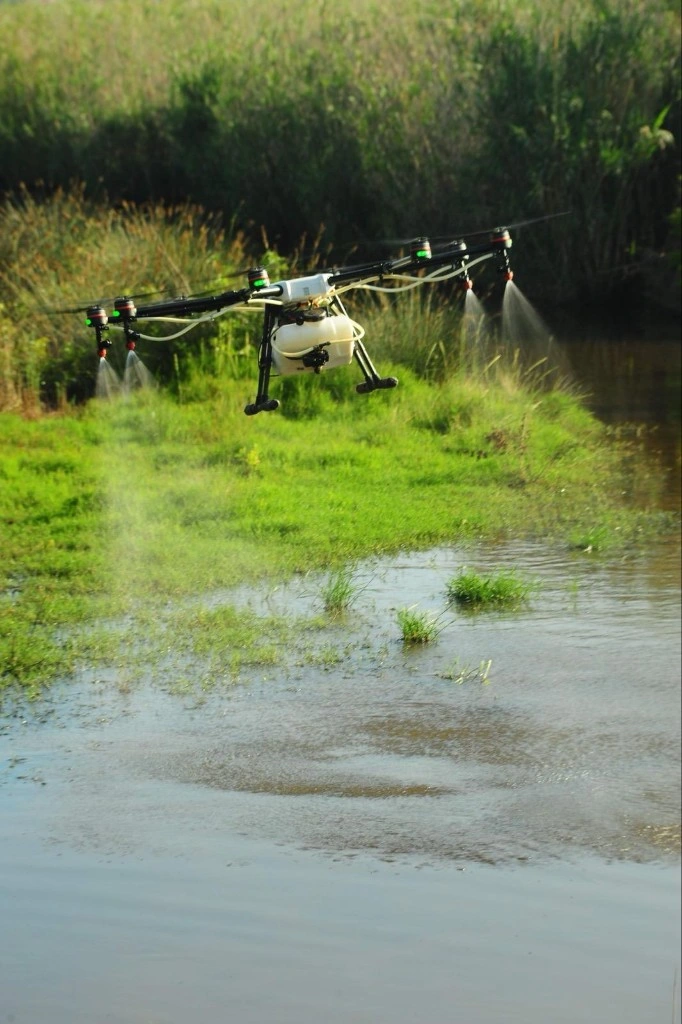The recent rains have altered the environmental landscape in southern Spain, which could lead to a spring marked by a significant increase in the proliferation of insects. Faced with this possibility, municipalities such as Coria del Río and Utrera have decided to implement pest prevention and control programs in advance. These initiatives include the hiring of specialized companies, such as Laboratorios Lokímica, which is part of the Rentokil Initial group, and has developed innovative treatments for mosquito control using advanced technologies such as drones and traps equipped with artificial intelligence sensors.
The province of Seville has experienced a significant increase in insect cases compared to previous seasons. Likewise, other Andalusian provinces such as Cadiz, Malaga, Jaen, and Cordoba have also reported growing activity in this type of fauna. For the first time, in March 2024, a case of West Nile fever was reported, suggesting that the season could be more active and complicated than usual.
The Center for Health Alerts and Emergencies has assessed the risk in the Andalusian community as moderate, urging provinces to implement vector control programs in advance, before it reaches its peak activity, which usually occurs between May and November. Efforts are focused on the Culex mosquito, known to transmit this virus.
Dr. Rubén Bueno Marí, technical director of Lokímica-Rentokil, has emphasized the importance of launching prevention programs in advance. According to Dr. Bueno, in the coming years, new pathogens similar to the West Nile virus may emerge, making effective monitoring and preventive control essential to ensure an adequate and efficient health response.
Insect control innovation includes new techniques that allow for more precise intervention. The use of drones allows for the tackling of extensive flood-prone areas, while sensors in traps help identify different types of mosquitoes through artificial intelligence, providing detailed data on their presence in specific areas.
Additionally, Dr. Bueno has warned of the emergence of three new emerging zoonotic viruses in Spain: Usutu, Sindbis, and Bagaza. The identification of these viruses in mosquito populations in the country underscores the urgency of establishing preventive measures that not only facilitate early detection of disease outbreaks but also help in the early identification of potential new viruses that could pose a risk to public health in the future.
Referrer: MiMub in Spanish










